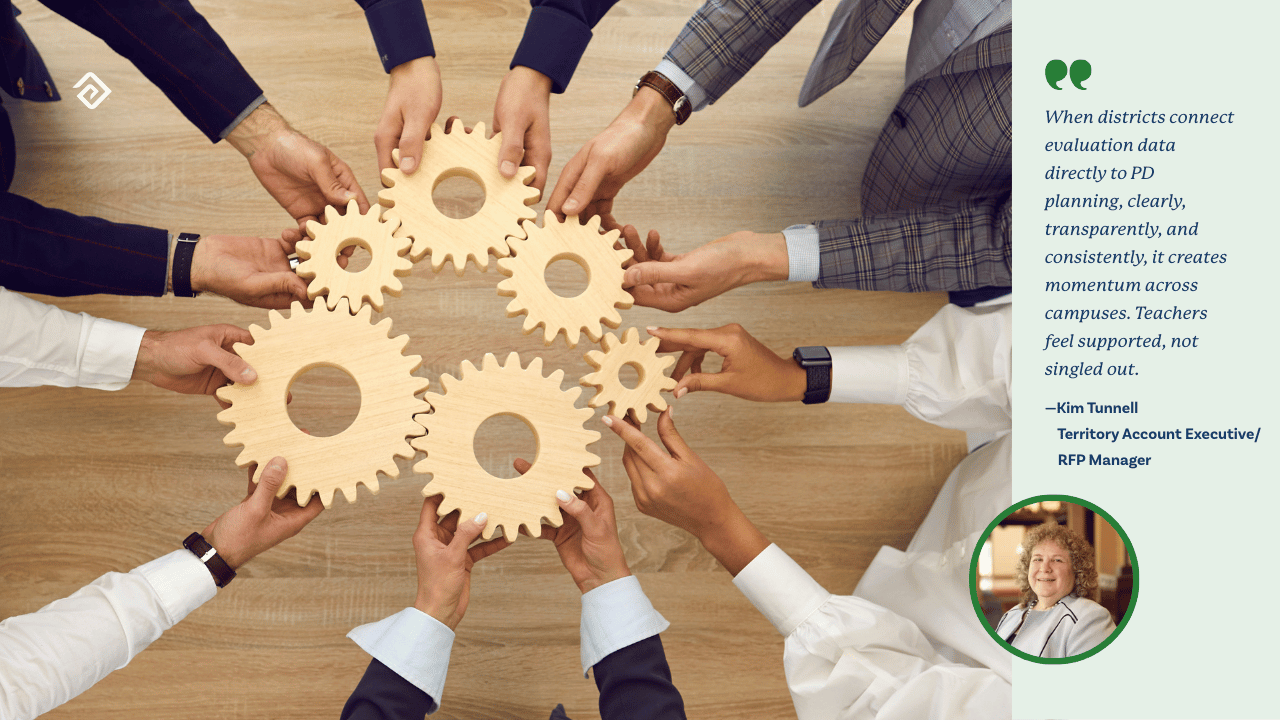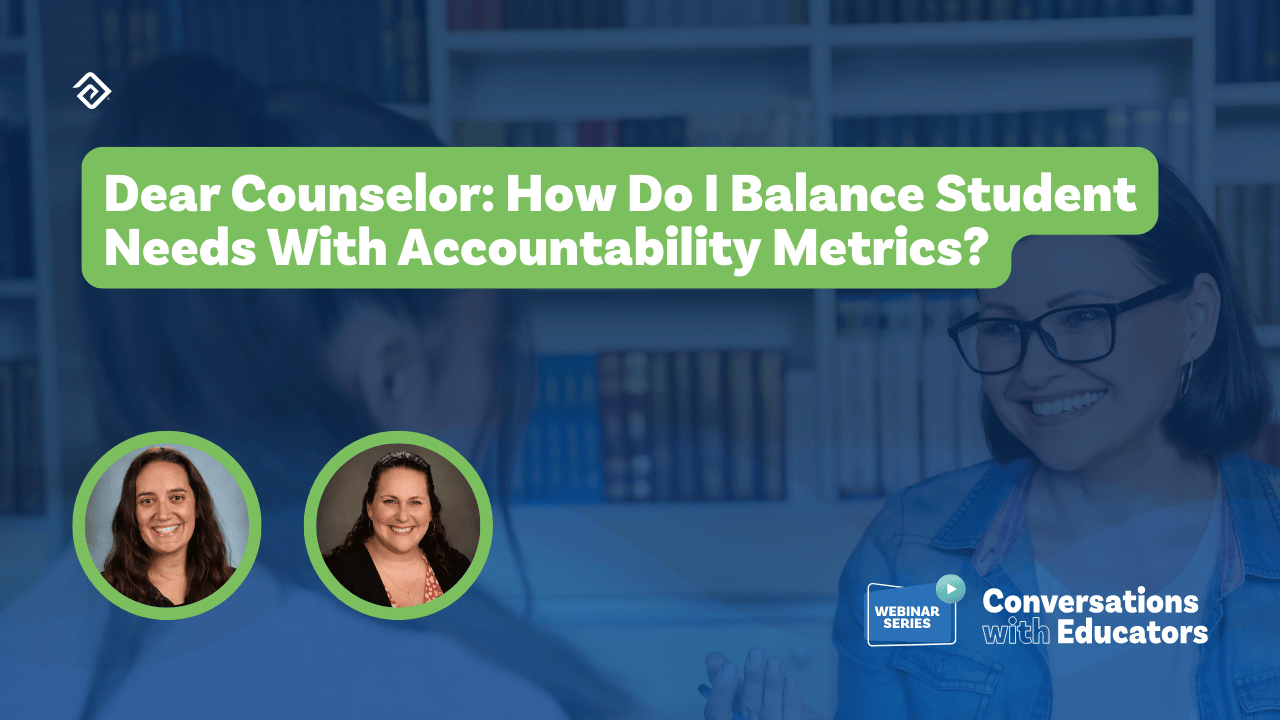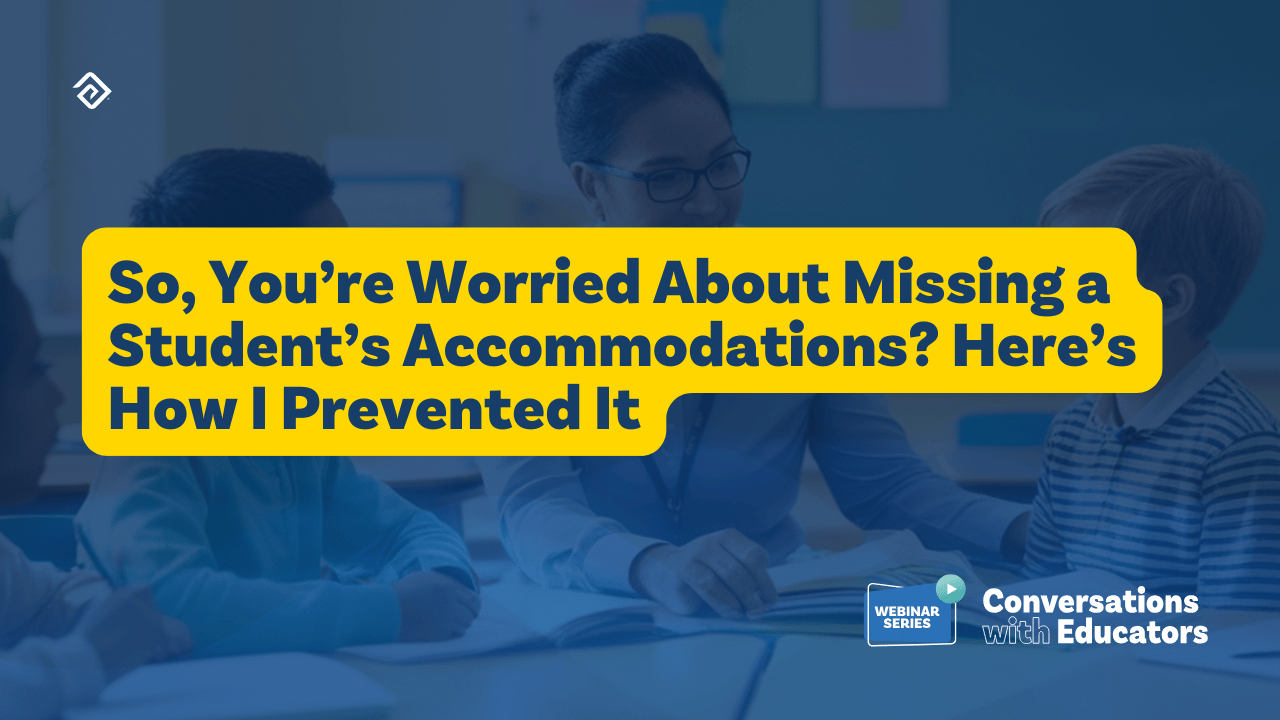Why is Career Readiness Important?

It's not enough to tell today's students to "get a job." Students want more than a job; they desire fulfilling careers. That's why career readiness is so important — it offers the skills and attitudes that help pave the way for students to enter and thrive in the career of their choice successfully.
What Is Career Readiness?
Career readiness is an extraordinarily broad term encompassing the foundational skillset students need to acquire and maintain success in the workforce. Representing more than just basic skills, it has the power to ensure a seamless transition between the world of school and the "real world" of work. Students want opportunities for continuous professional growth, financial security, and good personal health throughout their lifetimes, and career readiness skills can help them obtain all that and more.

Career Readiness Competencies
The National Association of Colleges and Employers has identified what students can learn and demonstrate via various skills and behaviors. These eight career readiness competencies include the following:
- Career / Self Development: Demonstrate self-awareness of strengths and weaknesses, plan for and pursue professional growth (skills and mutually beneficial professional relationships/mentorships), and be intellectually curious with an eye toward continuous self-improvement (professionally and personally).
- Communication: Exhibit clear, concise, culturally sensitive communication skills (i.e., verbal, non-verbal, and written) in all settings, especially interpersonal relationships.
- Critical Thinking: Understand a problem by gathering data, having relevant conversations, and translating this research into a fully realized and proactively communicated action plan.
- Equity and Inclusion: Recognize and consider multiple cultural viewpoints and implement and advocate for equitable workplace practices and inclusivity.
- Leadership: Set an example for others through everything from the planning and execution of projects to coaching others in realizing a shared organizational vision.
- Professionalism: To be on time, on task, and on target with laser-focused attention to detail while acting with integrity and in an ethical manner at all times.
- Teamwork: Collaborate with others, including the ability to lead diverse groups of people, ensure both individual and group accountability, and demonstrate appropriate conflict management.
- Technology: Use current technology to be more productive, as well as the desire to learn and embrace new and emerging technologies and apply technical skills in service of organizational strategic goals.
Other important, identified competencies include, but aren't limited to, the following:
- Financial literacy
- Time and stress management
- Digital citizenship
- Building the capacity for practical, and not just theoretical, knowledge
Theoretical knowledge isn't good enough anymore. Students also need a broad range of practical skills to impress potential employers and enjoy long-term success regardless of career path. Being ready for a new career is about success in any job at any company at any level. Therefore, schools should embrace a healthy combination of the theoretical and the practical.

Student Career Readiness Data
The Organisation for Economic Co-operation and Development (OECD) released interesting insights about teenagers and their preparedness for new careers. Some highlights of these findings include:
- 20% of all students underestimate the education required to achieve their occupational goals
- Over 82% of students had spoken with someone about a job they'd like after completing their education
- Only about 35% of students had completed an internship, and about 39% had participated in a job fair
- 50% of students had spoken with a career counselor at school, and about 61% filled out a questionnaire about their career interests and abilities
Additionally, we know that America isn't keeping up with global workforce needs, ranking 12th globally in career readiness overall. School counselors and other school personnel can be aware of this data and take action accordingly.
Help Students Develop Career Readiness Skills
It's no longer acceptable to turn students loose in the world of work and expect they'll "figure it out" through on-the-job experience. You can help students gain career-focused skills in many ways, either through standalone coursework or individual coaching or embedded throughout the K-12 school program.
Coursework or the entire curriculum should include real-world application, problem-solving, critical thinking skills, and a healthy dose of STEM (Science, Technology, Engineering, and Mathematics) components.
You can help students by having them start setting desired career goals early — in high school or even middle school. Ensure that your school program includes significant raw technology skills and opportunities to strengthen critical thinking abilities.
You can also help students develop career-ready skills by expanding their education outside the schoolyard:
- Develop partnerships with local businesses and individual professionals that represent more than merely "guest speaker"-style engagement
- Promote apprenticeships, internships, externships, co-ops, and other work-based learning opportunities
- Encourage students to gain real-world, part-time work experience while they're in school
An Ohio school district built a portal on its website with a college and career readiness guide, a student success plan, and several other online planning resources. Such a site might also be an excellent place for school staff to connect families and an internal graduation pathway tracker. Housing all that information in one place creates a helpful "one-stop shop" for students and families, presented by a trusted resource (the student's district).
Failure to address students' career-ready needs can systemically lead to a gap between what employers want and what schools have prepared them for. Be on the lookout for these gaps and work to close them.
Career Readiness is Crucial
Career readiness encompasses all the so-called "hard" and "soft" skills that students need to know, learn, and be able to do to make the successful transition from education to employment. These skills are, therefore, crucial, and your role in helping students learn and develop them is equally so.
If your school is interested in new ways to improve the learning experience for children, you may also be interested in automating tasks and streamlining processes so that your teachers have more time to teach. Education Advanced offers a suite of tools that may be able to help. For example, four of our most popular and effective tools are:
- Evaluation is a solution for documenting every step of the staff evaluation process, including walk-throughs, self-evaluations, supporting evidence, reporting and performance analytics.
- Pathways is a graduation tracking tool that allows administrators and counselors to create, track, and analyze graduation pathways to ensure secondary students are on track to graduate.
- Testhound, our test accommodation software, helps schools coordinate thousands of students across all state and local K-12 school assessments while taking into account dozens of accommodations (reading disabilities, physical disabilities, translations, etc.) for students.


More Great Content
We know you'll love



